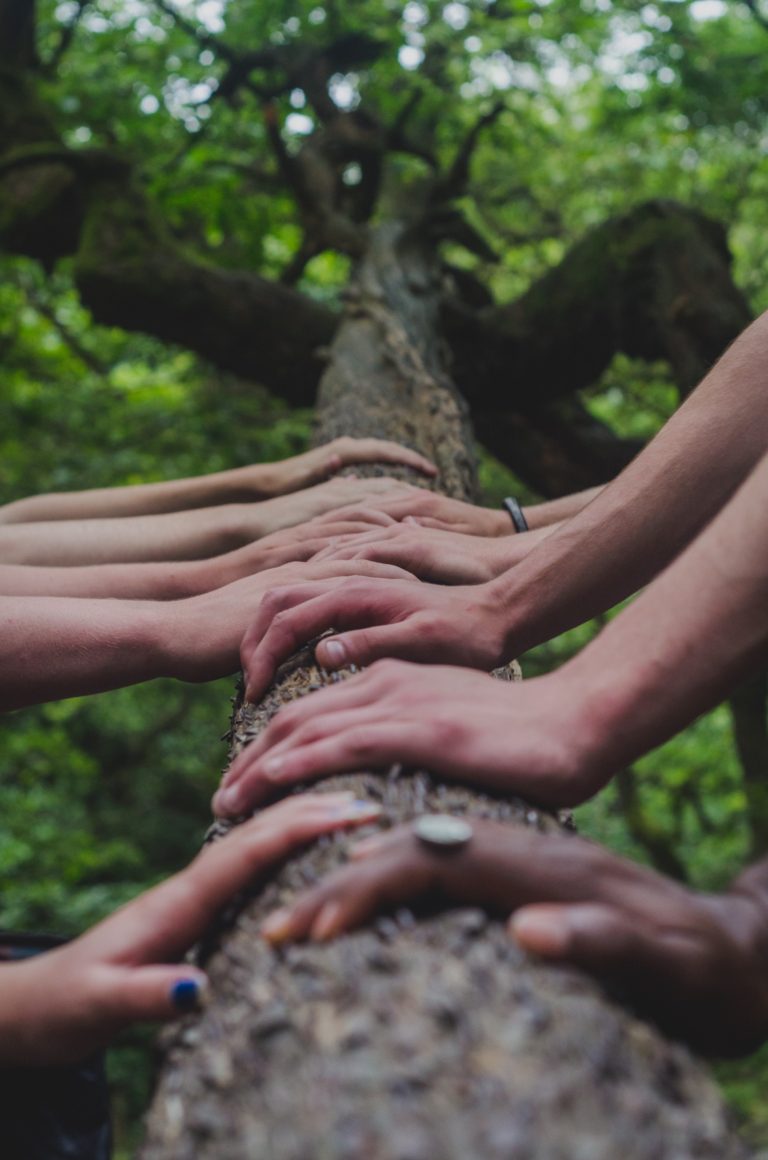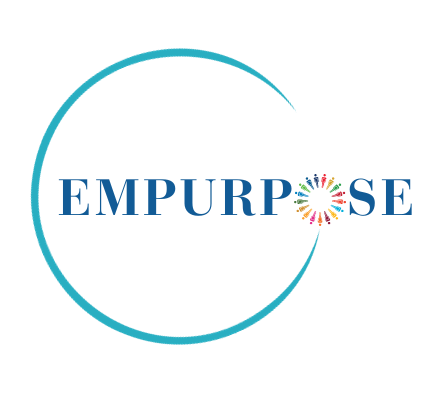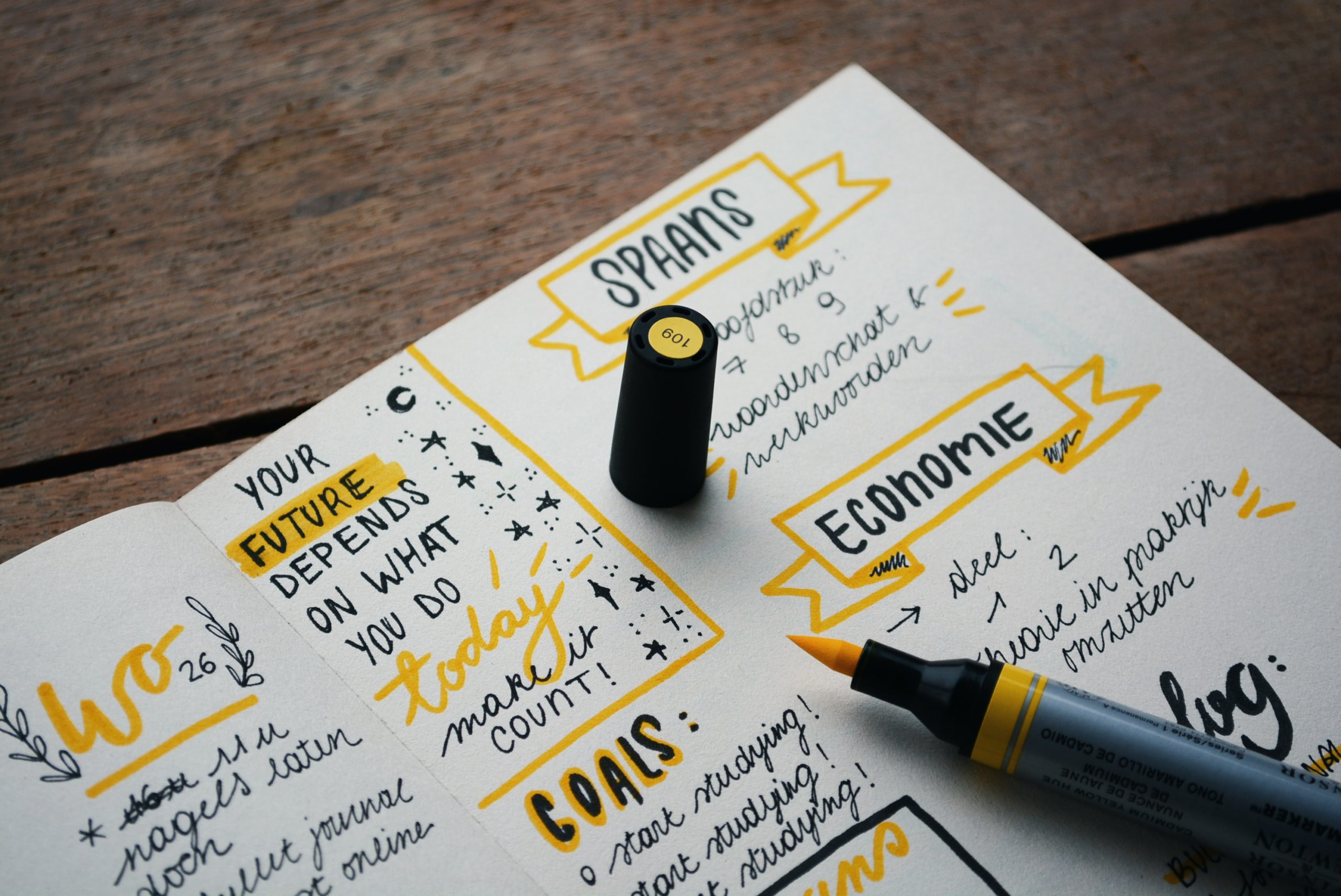MIND newsletter: East vs West
Happy Saturday everyone! And Happy Lunar New Year to some Asian folks!
1. M (Challenge your mindset)
Between the years 1980 and 1997, Korean Airlines experienced a high record of plane crashes – 8 big crashes happened in 17 years. The loss rate is seventeen times higher than the American carrier (“Outliers”, Malcom Gladwell).
The root cause could not be found until human factor research got involved. Interestingly, it is not something technical. It’s language and culture.
I’m not sure if it’s fair to call an entire culture collectivistic or individualistic, but commonly speaking, while Eastern culture embraces the idea of interdependent selves, the Western culture encourages people to develop independent senses of self.
Interconnectedness of course will see a self in closer relation to others, hence the unavoidable outcome is often a self that’s more oriented to hierarchy and duties with limited freedom and rights. It comes with safe choices and constant worries about what others think of you.
The Korean language has 7 speech levels (or politeness level) depending on social status, degree of intimacy, and the situation where you are at. That hierarchy in the language and culture created something called “mitigated speech” in the captain team of Korean Airlines, to the point that they can no longer communicate the urgency effectively to avoid a malfunction turning into a crash. Extreme interconnectedness can be dangerous just like that.
On the other hand, our way to distinguishing oneself from others helps develop one’s own goals, motivation and personality, yet in the extreme form, it can lead to anxiety, egotism and self-indulgence.
The question here is not which one is better, because clearly there’s no answer to that. The question here is, how we can be more culturally responsive and how it can help us thrive in our career?

2. I (I’m my own coach)
You have to know where you came from to know where you are going.
Knowing and owning our original culture is perhaps a good start to being culturally responsive and being a better professional. A 2-step reflection below hopefully can help you with that.
Step 1:
Select three group identities you possess (e.g., race, gender, sexual orientation, disability, religion, socioeconomic status, and so forth). Of the three you have chosen, which one is most salient to you? Why? Does it shift or change? How aware are you of other social group identities?
Step 2:
Can you outline ways in which 1/you are unique; 2/share characteristics with only certain groups; 3/share similarities with everyone?
3. N (The power of Now)
Does having a different cultural point of view create resistance to your career growth?
4. D (Do)
To whom could you have an open dialogue to discuss and work through differences in thoughts, beliefs, and values?



